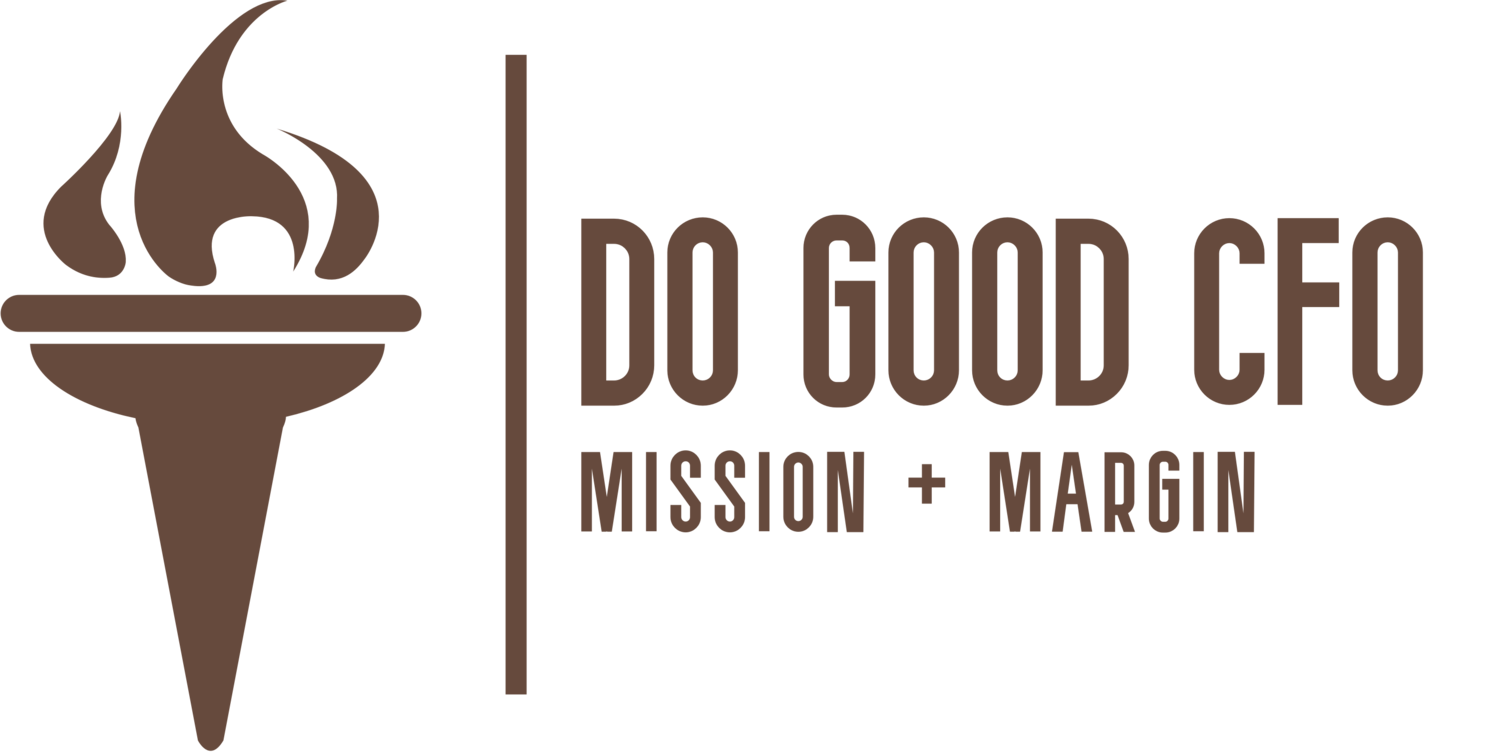3 ways mission-based businesses can grow with profitability (and why they should)
We continue our series on financial lessons embodied through Do Good CFO’s work with Lotus Foods. Do Good CFO helped contribute to an amazing achievement: Lotus Foods, a global pioneer in heirloom, organic and regenerative rice cultivation and a leader in rice-based noodles announced an investment of $22.5 million from Grounded Capital, a San Francisco-based investment firm focused on deploying capital that supports healthy social, ecological and financial systems.
3 ways mission-based businesses can grow with profitability (and why they should)
For disciplined growth, maintain profitability for as much of the journey as possible. Get profitable early and keep losses low. For a bit more detail, read on:
Learn how to stretch your capital and don’t give up too much of the company
Tighten your working capital cycle and don’t rush to raise venture money - raise patient capital when the time is right. Leverage debt as much as possible. Lotus Foods succeeded over the long-range because the founders took very limited equity for a long time and bootstrapped as long as they could, only taking equity when absolutely needed - the business grew incrementally with enough profit to support itself. Scaling too early on can mean burning through all the capital very early on.
2. Don’t lose money on product sales
First, settle unit economics and then scale, never the other way around. Ask: Can you sell a unit profitably? Can you get a customer to profitability? Some overeager mission-based businesses might be tempted to rush into the first channel that shows interest, even if it means losing money on every sale. They reason that they can make it up on volume, but that won’t work. It’s much better to take it slow and prove things on a smaller scale.
3. Understand that social entrepreneurship is a marathon, not a sprint - take the long view
Lotus Foods is what we would call a 30-year overnight success story, with the groundwork having been laid over many years of hard work. Faced with a vast broken food system, they had to dream big to solve this, and they had to put in the work to lay the foundation to scale. From removing pesticides from their supply chain to encouraging widespread regenerative agriculture, Lotus Foods and mission-based businesses of all kinds must take business growth one step at a time to make progress on these big, world-changing goals. We recommend that mission-based businesses set stretch goals and build a metrics-driven culture of accountability and continuous improvement that can be tracked over time.
You must preserve your mission’s integrity through slow and steady growth. Lotus Foods founder Caryl Levine says: “In order to actually be able to do the hard work, you have to be sustainable. If you don't have the revenue and you don't have the sustainability of the business itself, you're never going to be able to do good in the world. So that has to come first.”

